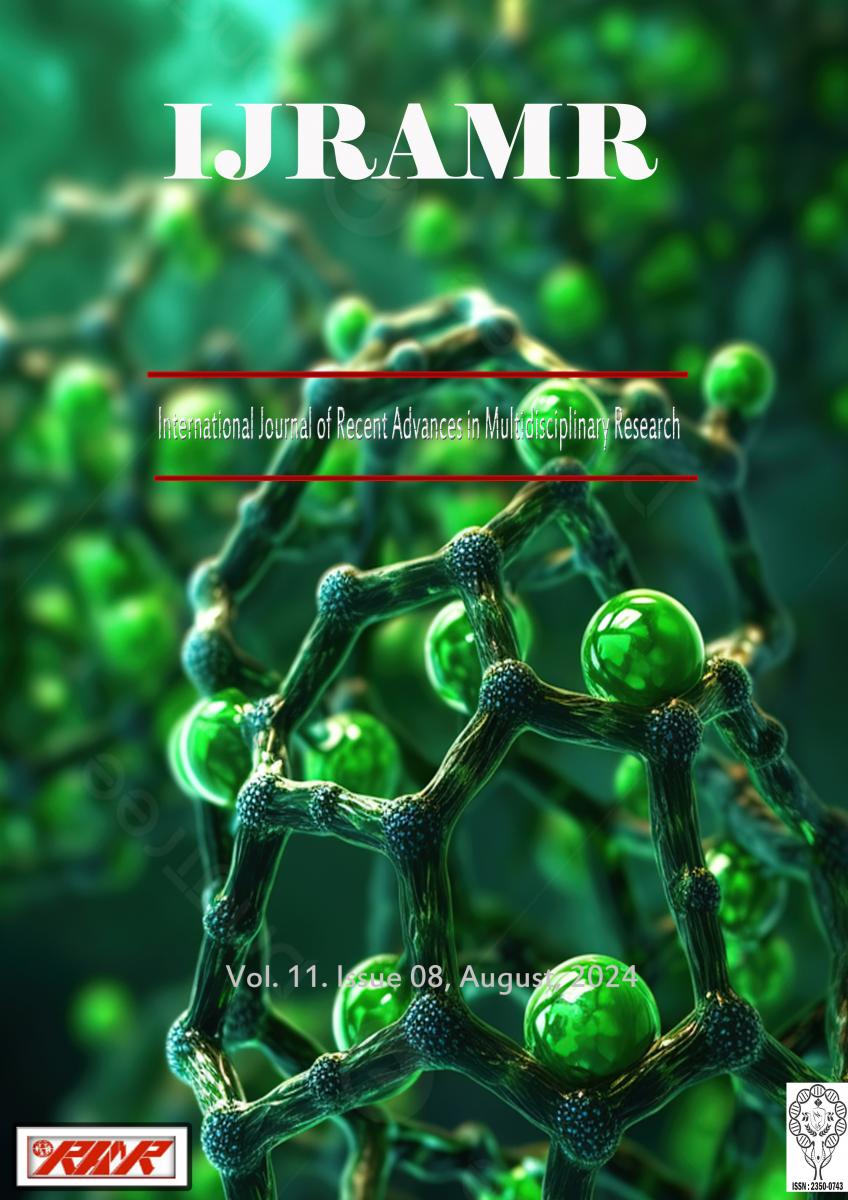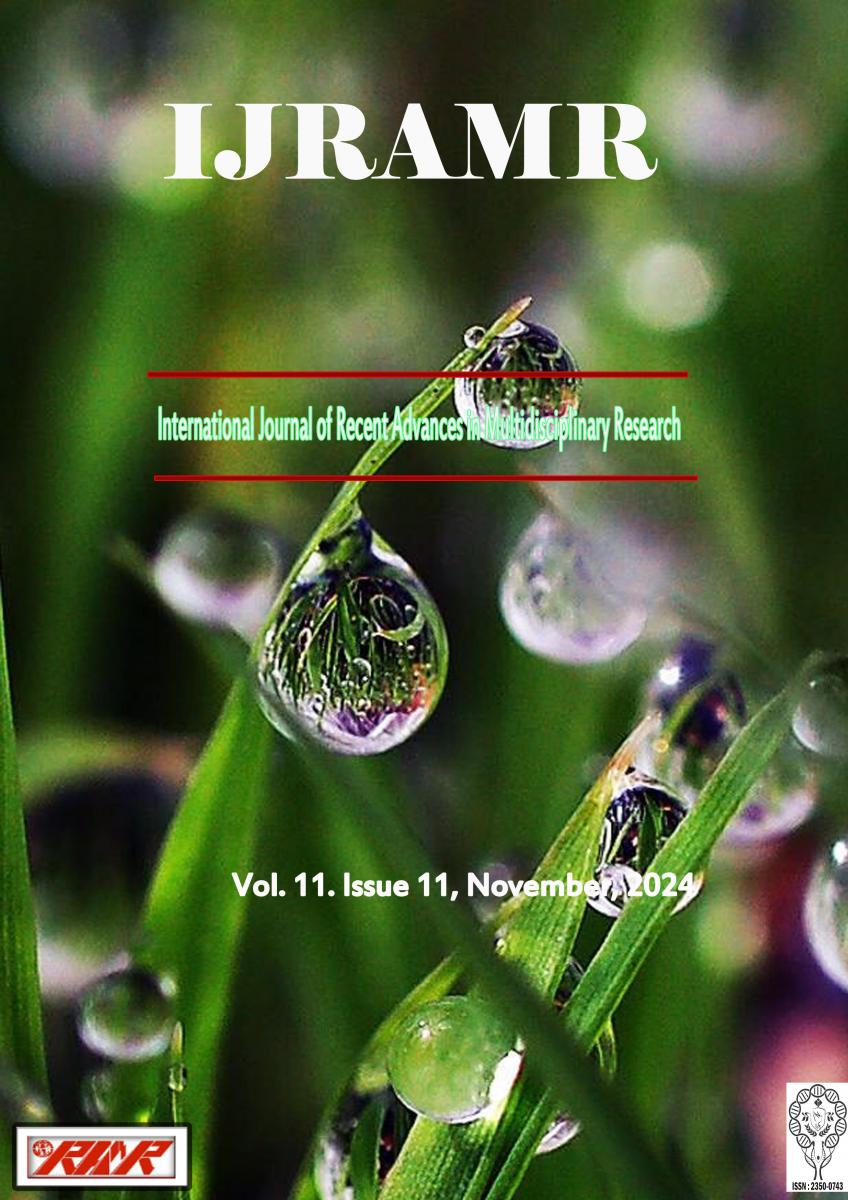Introduction: Parkinson's disease is a chronic and progressive condition with motor and non-motor clinical manifestations due to dopamine deficiency. The respiratory system is affected by alterations in respiratory mechanics and pulmonary ventilation that can be addressed with physiotherapeutic techniques. Objective: Toidentify the respiratory physiotherapy techniques used in Parkinson's disease, their clinical efficacy, and effects on lung function through a systematic review of the scientific literature. Material and methods: Systematic review of the scientific literature on physiotherapeutic techniques in Parkinson's disease. A strategic search of the information was carried out in the bibliographic databases PEDro, Pubmed, SciELO, Medline, Redalyc, Elsevier, Wiley, Dialnet and ResearchGate and the articles were selected according to the selection criteria established following the PRISMA methodology and a qualitative synthesis of the results and conclusions was made. Results: A total of 132 articles were identified, of which 66 were discarded in the first phase, 42 in the second, and of the remaining 24, 8 met the selection criteria and were included for analysis. The studies included muscle training techniques, deep breathing programmes, breath stacking, andBS and IS spirometer incentive that improved respiratory function compared to control groups. Conclusions: Physiotherapy techniques improve respiratory function, are useful in a comprehensive approach plan for Parkinson's disease and improve the patient's health-related quality of life.






